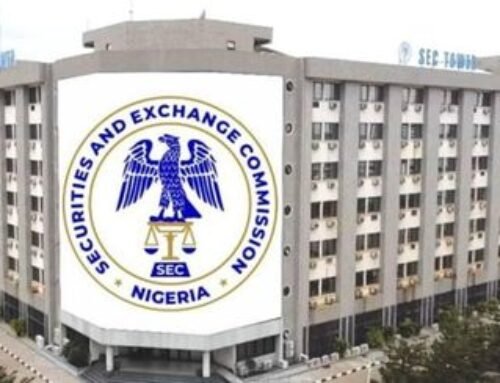
A Nation’s credit rating reflects its creditworthiness and assesses its economic and political climate. Attaining a favorable Sovereign rating holds immense significance for emerging or developing countries as it directly impacts their ability to access funds in the global market, subsequently influencing borrowing costs. Moreover, it also has both direct and indirect implications for the ratings of subnational entities and corporations in such countries.
The impact of Sovereign credit ratings on domestic borrowers is substantial. These ratings affect the financing expenses of all economic participants within the domestic economy, thus indirectly shaping the functioning of equity markets, growth, unemployment, and competitiveness.
Whether in advanced, emerging, or developing economies, public debt plays a crucial role in determining a Sovereign rating. Downgrades in Sovereign debt have tangible economic and financial consequences, as a corporate issuer’s rating can be constrained by its domestic Sovereign debt at times.
A decline in Sovereign credit quality is typically accompanied by macroeconomic and financial market disruptions that directly influence the creditworthiness of other issuers operating within the country’s jurisdiction.
Sovereign defaults are often followed by severe disruptions in the economic landscape, frequently resulting in a loss of investor confidence and capital outflows. These disruptions typically lead to higher default rates and reduced recovery rates across all sectors within the Nation.
Sovereign crises can induce financial strain across multiple sectors through various channels, including diminished economic activity, elevated financing costs, foreign exchange controls triggered by capital outflows, and restrictions on capital flows, exchange rates, interest rates, or price levels.
While all Issuers operating within the same Sovereign environment are exposed to some degree to shocks transmitted across sectors, the credit sensitivity to the Sovereign can vary among issuers. Consequently, domestic borrowers may possess ratings that exceed the Sovereign rating.








Leave A Comment